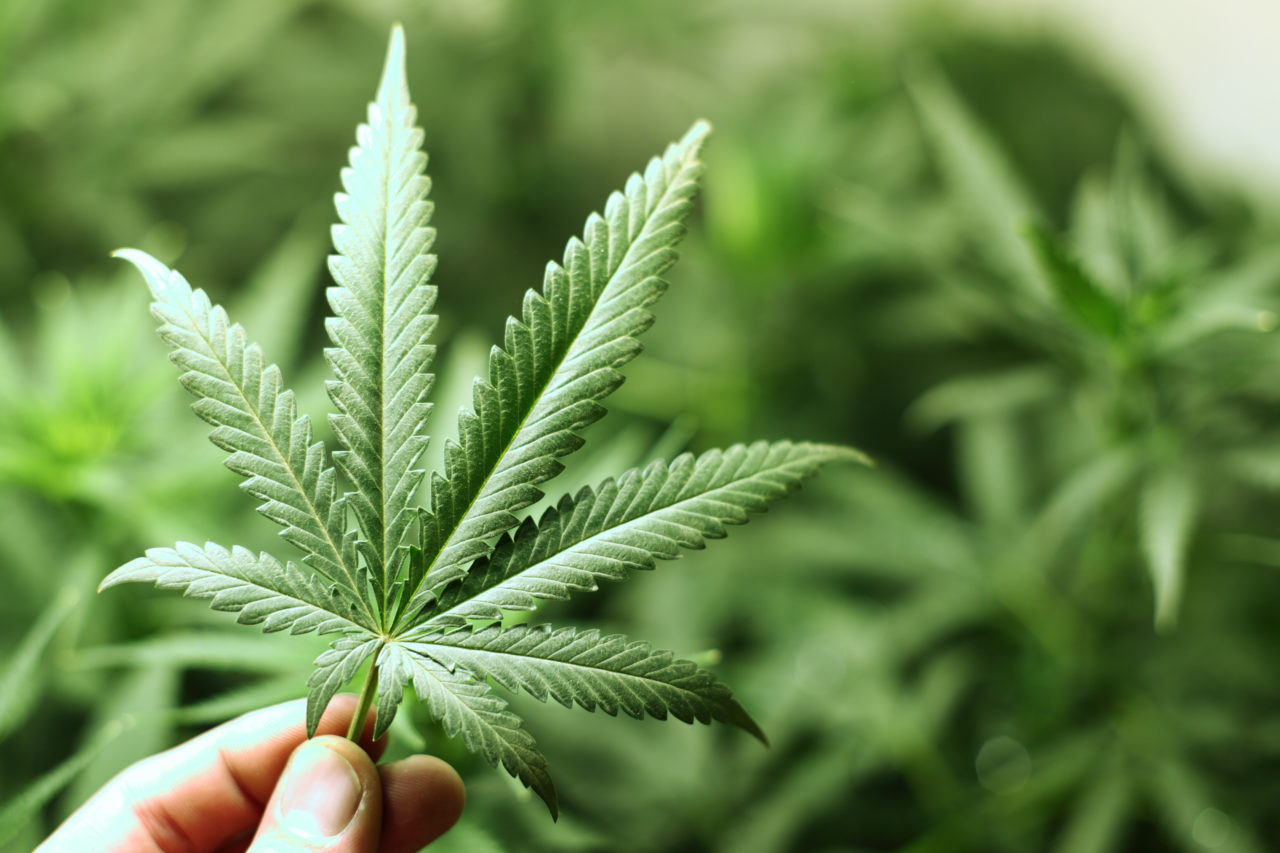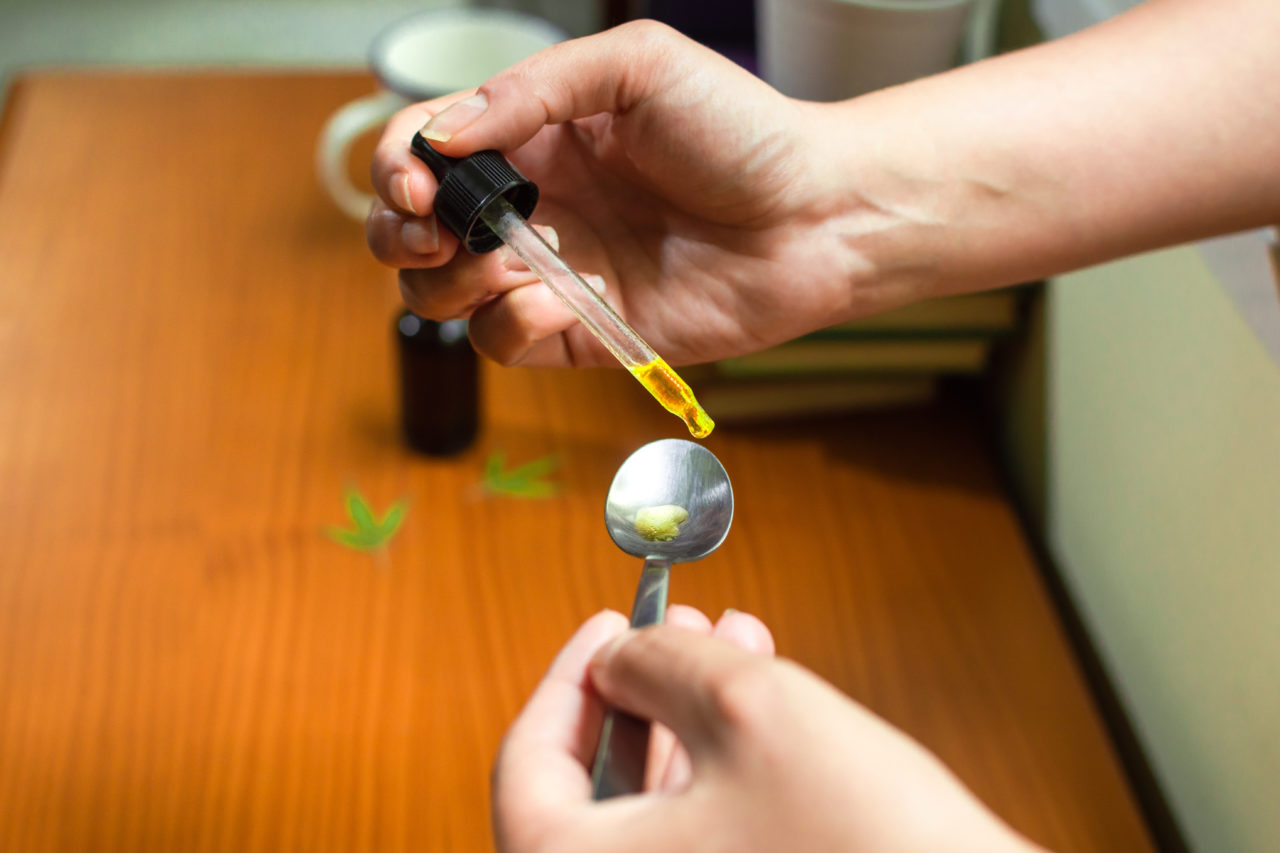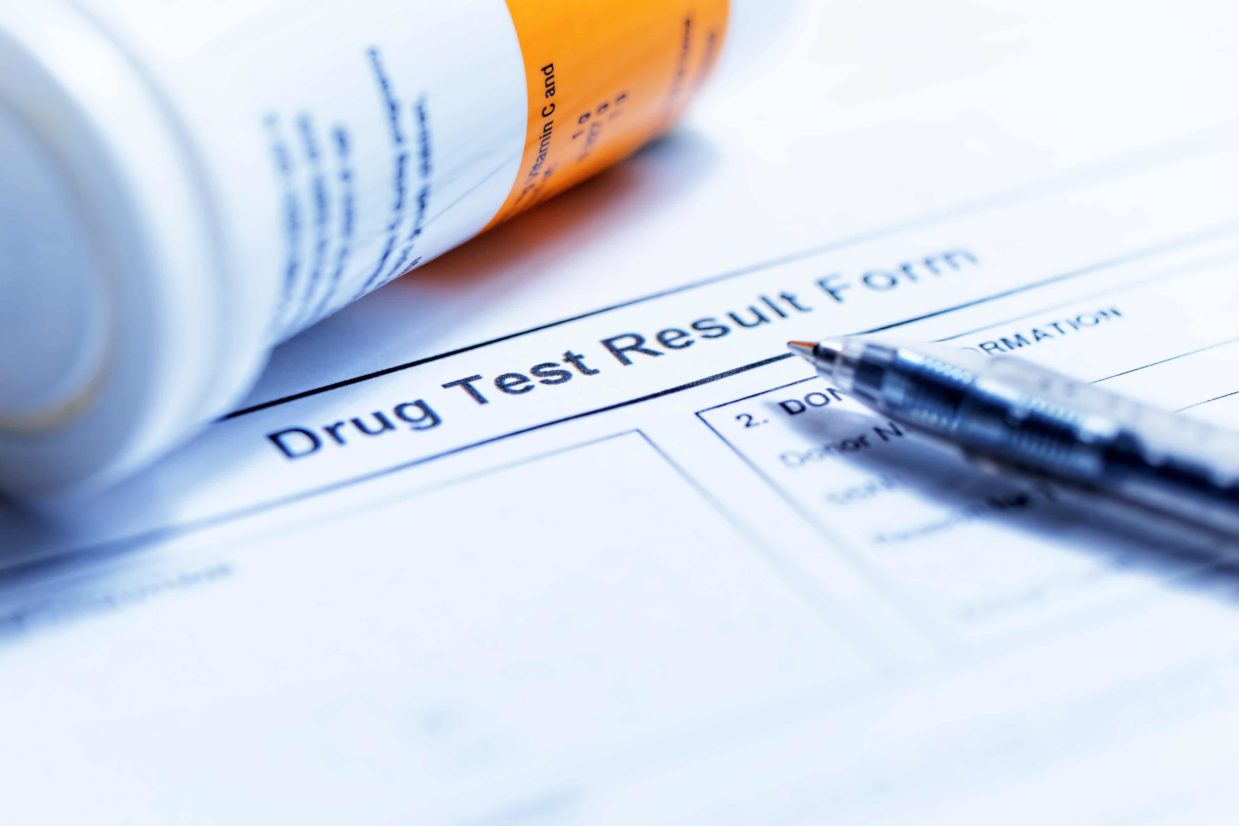Did you know that Utah’s medical cannabis law does not allow visitors to bring cannabis into the state? All medical cannabis consumed in Utah must be purchased here. But the law does allow for the issuing of a Utah non-resident card for medical cannabis to visitors. That way, visitors with valid cards can purchase medical cannabis while they are here.
Many people within the medical cannabis community know nothing about non-resident cards. Given how popular Utah is as a tourist destination, it is likely that some of our customers will welcome out-of-state guests throughout the year. Therefore, we thought it would benefit readers to discuss six key things they should probably know about the non-resident card.
1. Qualifying Conditions Are the Same
In order to get a non-resident card, a visitor must be diagnosed with one of the qualifying conditions on Utah’s list. This is important because states do not necessarily agree on all the qualifying conditions. A visitor may have a condition included on his home state’s list but not Utah’s. That individual would not be eligible for a non-resident card.
Common conditions include chronic and acute pain, cancer, Crohn’s disease, epilepsy, and post-traumatic stress disorder (PTSD). There are others on Utah’s list not included here.
2. Visitors Must Already Have Cards
Although Utah does not practice medical cannabis card reciprocity with any other state, visitors must still possess a valid card in their home states to be eligible for a Utah non-resident card. Possessing a valid card from one’s home state mitigates the need to see a medical provider for a recommendation in Utah.
3. A Utah ID Account Is Required
Visitors must apply for non-resident cards via the state’s electronic verification system (EVS). In order to access that system, a patient must have an existing Utah ID and online account. The good news is that signing up for a Utah ID isn’t hard. Visitors attempting to log on to the EVS for the first time will be directed to the Utah ID site to create their accounts.
4. Cards Are Good for 21 Days
The Utah non-resident card is good for 21 days from the date of issue. Visitors can apply for non-resident cards in advance of their visits. However, they must specify dates in order to ensure that cards are dated to coincide with their time in Utah. If a visitor plans to stay longer than 21 days, other arrangements need to be made.
It can take up to 30 days for a non-resident card to be approved. Therefore, visitors should not wait until a few days before arriving to apply. It is better to apply 45-60 days out.
5. Visitors Can Apply Twice Annually
Visitors can apply for non-resident medical cannabis cards twice per calendar year. Applications can be made at different times during the year or back-to-back for longer stays. In either case, a third application in the same calendar year will automatically be rejected. Regulators are very firm on the limit of two cards annually with a duration of 21 days each.
6. Cannabis Cannot Leave Utah
Finally, any medical cannabis purchased in Utah with a non-resident card must be consumed in Utah. Visitors are not allowed to take it out-of-state. They are also not allowed to pass unused product on to family members or friends. Anything not consumed when the visitor is ready to leave Utah must be destroyed.
Although visitors cannot bring medical cannabis into Utah, they can purchase it here with an active non-resident card. We hope the information in this post helps next time you host out-of-state guests.



